-
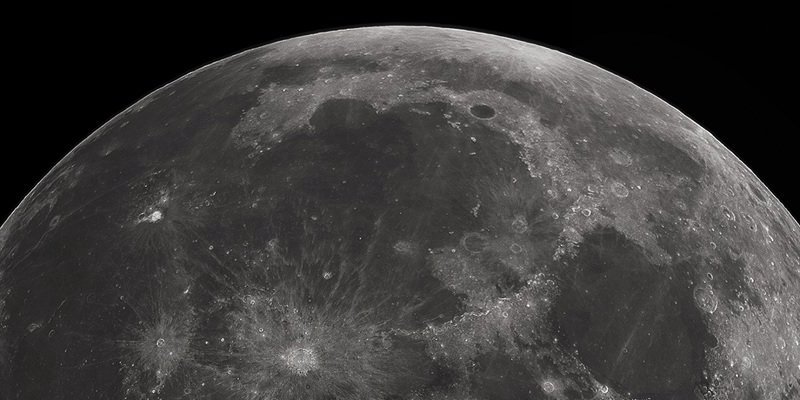
The moon is a sensitive topic at the CIA
The Central Intelligence Agency kept a 1961 translation of the “Atlas of the Far Side of the Moon” marked as “For Official Use Only” in its archives for just shy of 50 years.
-
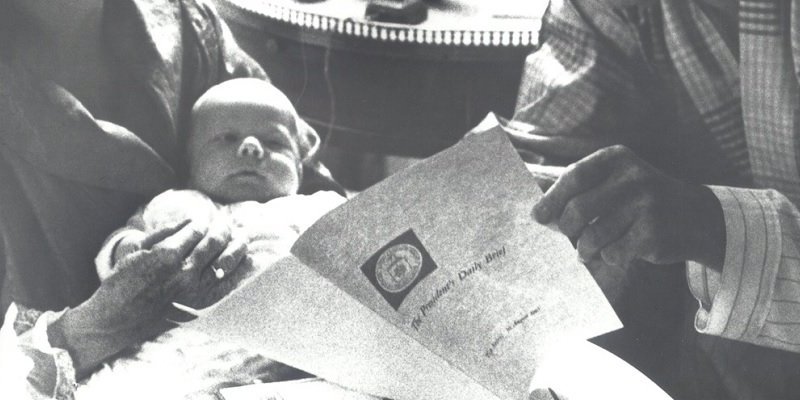
On This Day in CIA History: April 29, 1951
On this day 68 years ago, the Central Intelligence Agency’s Current Intelligence Bulletin contained financial concerns from around the globe, including Agency comments on the arrest of an Associated Press reporter, inflation in Korea, and India’s position in the United Nations.
-

One year after massive protests, Nicaraguan government remains ensconced in power
This month marks the one-year anniversary since the citizens of Nicaragua began a fierce civic uprising against President Daniel Ortega’s administration. A former leader in the Sandinistas, Ortega has faced international criticism over his elimination of term limits, and the revival of broad censorship and repression of the late ‘70s and ‘80s.
-
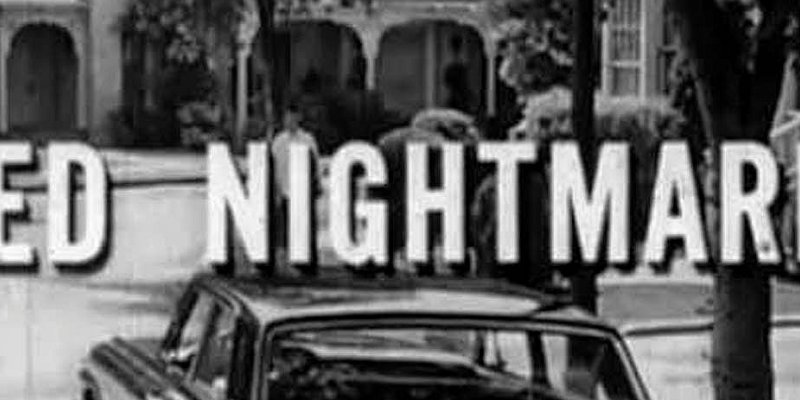
Senator James Eastland’s allegations about “Red spy rings” debunked by his own aide in FBI file
As part of a recent push to clear their FOIA backlog, the Federal Bureau of Investigation has released 30 pages of new documents on Senator James Eastland, adding to the 521 previously released pages. Among the new documents is a remarkable one-page memo suggesting that Eastland’s public assertion about “Red spy rings” were the result of the Senator confusing New York Times reporters with spies.
-
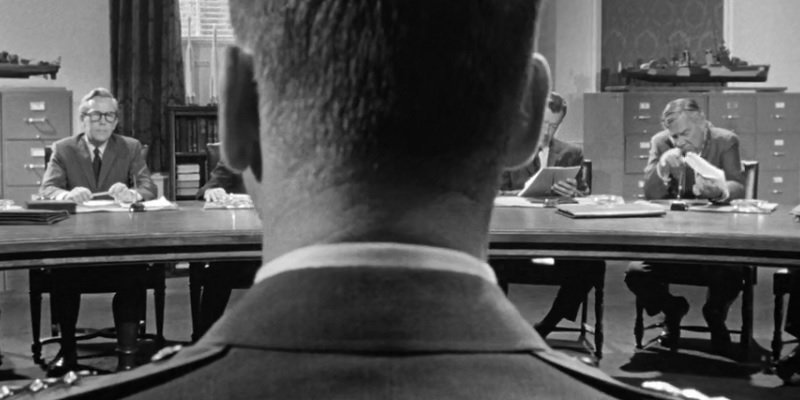
The FBI feared that “Seven Days in May” was bad for America
A memo uncovered in Ronald Reagan’s Federal Bureau of Investigation file reveals the FBI’s concerns that the 1964 film “Seven Days in May,” which depicted an aborted military coup of the U.S. government, would be used as Communist propaganda - and was therefore “harmful to our Armed Forces and Nation.”
-
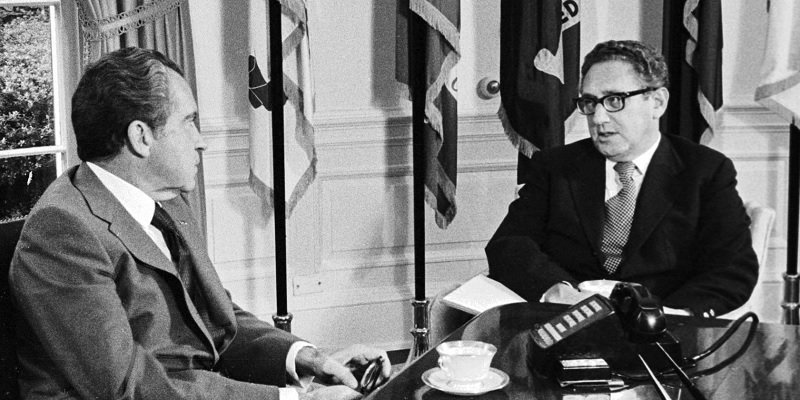
CIA’s report on the “The World Situation in 1970” shows a shift in focus towards soft power
The Central Intelligence Agency’s “The World Situation in 1970” report was a strange mixture of realistic concerns, candid admissions, and forced optimism. In one of its more realistically optimistic moments, the CIA reported that the Soviets believed “rational Americans” would want a stable Europe. In response, President Richard Nixon asked if anything could be done to “cause more trouble” instead.
-

Hedy Lamarr’s FBI files make no mention of her “Secret Communication System”
The Federal Bureau of Investigation’s only remaining files on Hedy Lamarr, the famous actress and scientific inventor, contain no mention of her World War II frequency jamming technology, and instead focus on Lamarr’s attendance at suspicious parties.
-

CIA archives capture Richard Nixon’s failed 1958 “goodwill” trip to Latin America
The Central Intelligence Archives document then-Vice President Richard Nixon’s disastrous 1958 “goodwill” tour to Latin America, in which Nixon faced multiple mobs of angry protestors - and at least one surprisingly heavy soccer ball.
-

FBI kept a close eye on Black Panther Party co-founder Elbert Howard’s global travels
From 1967 to 1970, Black Panther Party founding member and Deputy Minister of Information Elbert “Big Man” Howard went on an international tour to mingle with foreign revolutionary movements, promote the BPP’s agenda, and raise money for the party. Documents released through FOIA following Howard’s death last June show that throughout all his travels - from Japan to Sweden to Algeria - the Federal Bureau of Investigation was tracking him and his activities.
-

FBI marginalia in the “Ramparts” file reads like an alt-right comments section
The Federal Bureau of Investigation has a long history of focusing on left-wing activists and politicians, often to the exclusion of groups of actual concern. This pattern continues to this day, as recently documented by Property of the People. The FBI’s file on Ramparts magazine shows how this attitude reflected in internal communications - unable to take to Twitter, agents were forced to scribble right-wing talking points in copies of the magazine.